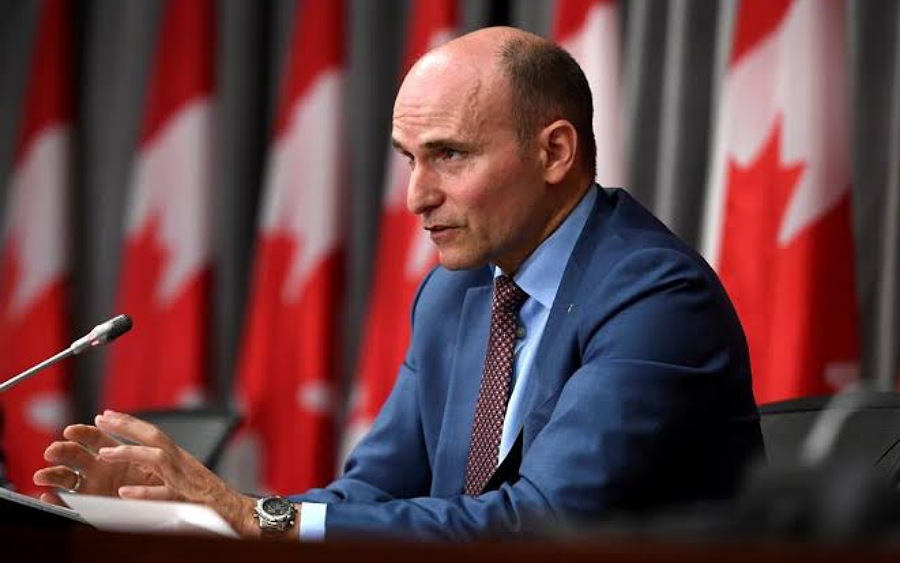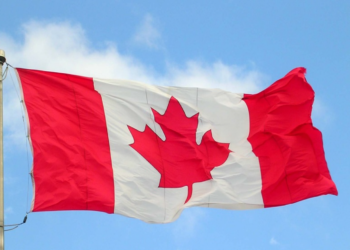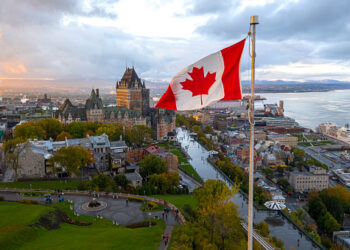Canada has decided to ease entry for fully vaccinated international travellers from February 28th, as reported COVID-19 cases in the country declined.
It is allowing a rapid antigen test for travellers instead of a molecular one, as antigen tests are cheaper and can provide results within minutes, as opposed to the molecular test.
These new measures were announced by federal government ministers at a briefing.
According to Health Minister Jean-Yves Duclos, the country will consider dropping coronavirus testing requirements for fully vaccinated Canadians who make short trips – less than 72 hours – abroad, usually to the United States.
In addition to this, the global travel advisory for Canadians is also being changed as the government previously advised against all non-essential travel, and now it is only urging citizens to take precautions.
What they are saying about the ease in travel requirements
The health minister said, “These changes are possible not only because we have passed the peak of Omicron, but because Canadians across the country have listened to the science and to experts”.
Furthermore, the health ministry has said that about 80% of Canadians are fully vaccinated and over 40% have also taken a booster dose.
“Though today’s announcement brings us one step closer to where our industry needs to be, in requiring pre-departure rapid antigen tests, the government missed an opportunity to align with other international jurisdictions that removed pre-departure test requirements for fully vaccinated travellers,” the Canadian Travel and Tourism Roundtable industry group said in a statement.
Canadian provinces, like Alberta, Saskatchewan, Quebec and Ontario, Canada’s most populous province, have announced the relaxation of imposed restrictions during the pandemic due to the decline in infection rates.
Ontario said it will speed up its plan to remove proof-of-vaccination requirements and lift pandemic-related capacity limits for many businesses, while the western province of Alberta ended its mask requirements for school children on Monday.
The interim president of the National Airlines Council of Canada, Suzanne Acton-Gervais, commented on the recent development saying, “Today’s announcement by the federal government is a step forward both for travellers, our industry, and for the Canadian economy, which relies on trade and tourism.”




















